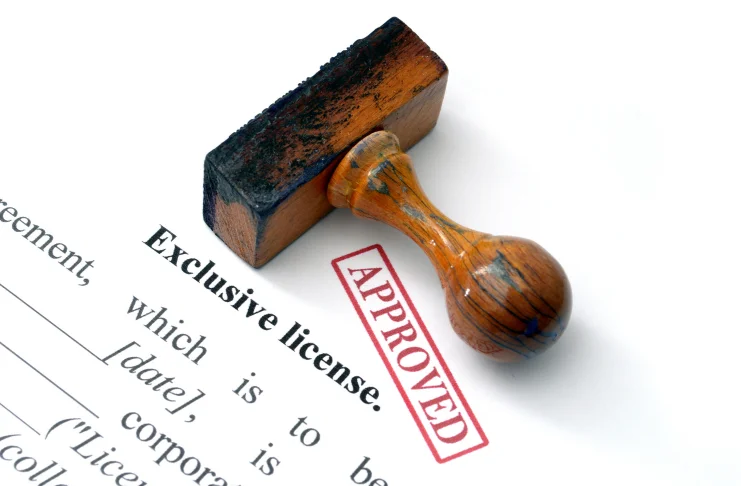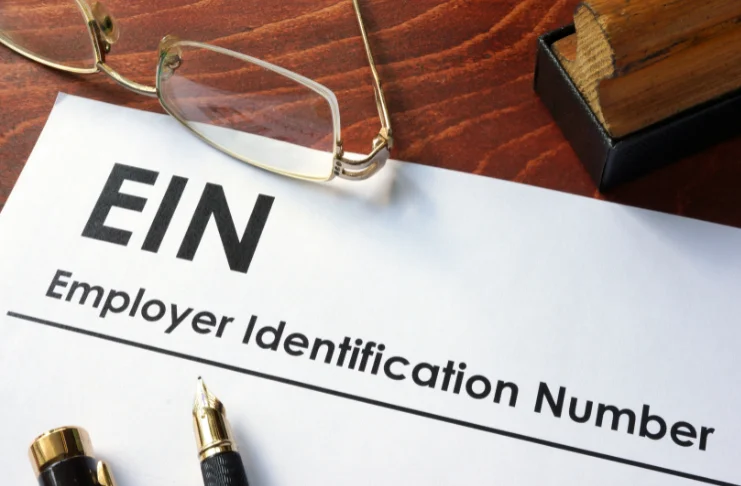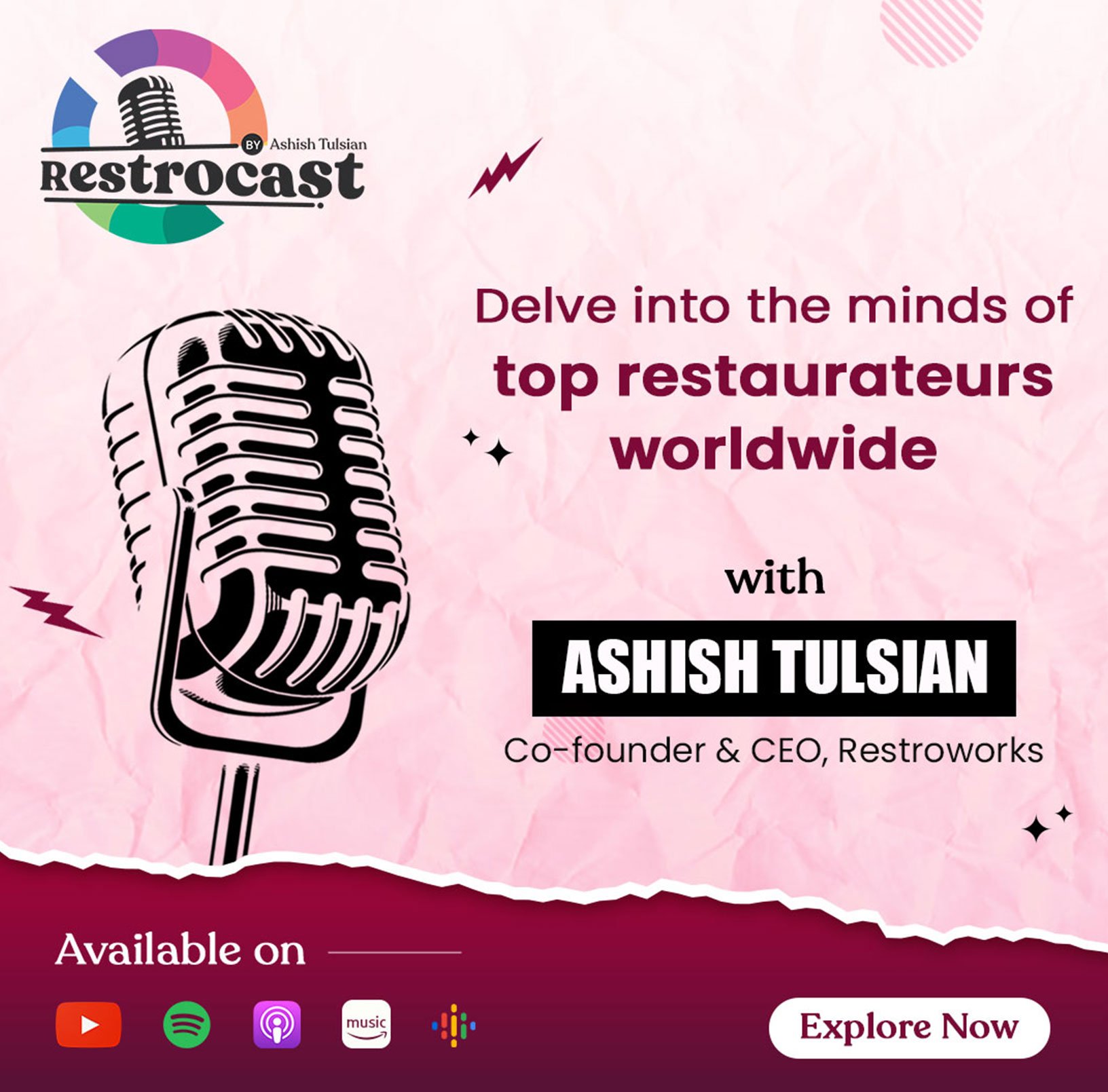
Opening a cloud kitchen is a promising way to earn and prosper, but treading through all the license applications becomes an intimidating process.
In this blog, I will walk you through all the required licenses to start a Cloud Kitchen in the USA and their costs from health permits to business licenses, we help you get started.
What is Cloud Kitchen?
A cloud kitchen, also known as a ghost kitchen or a virtual kitchen, is a commercial kitchen space that focuses solely on food delivery. Unlike traditional restaurants, cloud kitchens don’t have a dine-in area and operate exclusively through online food delivery platforms. This business model allows entrepreneurs to capitalize on the growing trend of food delivery without the overhead costs associated with running a full-service restaurant. Implementing a food safety management plan is crucial to ensuring that all operations meet health standards and provide safe meals to customers. To operate legally, obtaining the license for cloud kitchens, such as the central FSSAI license or basic FSSAI registration, is essential. The FSSAI license for cloud kitchens ensures compliance with food safety regulations, which is vital for all food businesses and any new food business venture.
Essential Cloud Kitchen licenses to operate a cloud kitchen in the USA
1. Business License

Cloud kitchens are required to have a business license to operate, make, and sell food to consumers. This ensures that your business complies with the local rules and food safety regulations. For cloud kitchen operations, obtaining the FSSAI license, including the state FSSAI license or FSSAI license certificate, is crucial. Adhering to FSSAI regulations ensures that your restaurant industry venture meets all necessary health and safety standards.
Cost: $50–$400 annually; varies with cities and states.
2. Food Service License
Any establishment that makes and sells food to the public is mandatorily required by law to obtain a food safety license. For food services businesses, including cloud kitchens, it is crucial to ensure that your kitchen meets the required health and safety standards set by the local health departments. Obtaining the FSSAI license, which includes the required license and paying the relevant application fee, is a key step for cloud kitchen owners. Understanding the licenses required will help ensure compliance with all necessary regulations.
Cost: $100–$1,000 depending on location and size of kitchen.
3. Health Department Permit

A health permit is very important to own for the operation of a cloud kitchen. This means that your business would be open to regular visits by health department officials checking on the safety of your food.
Cost: $50–$500, depending on local health department regulations.
4. Fire Department Permit
This permit is issued to ensure that your kitchen has all the license requirements of fire safety regulations, such as proper fire extinguishers, alarms, and suppression systems.
Cost: $50–$150 depending on the brand.
5. Employee Identification Number (EIN)

An EIN is required for tax purposes and is issued by the IRS. It’s essential for hiring employees and managing payroll.
Cost: Free.
6. Sign Permit
If your cloud kitchen has any visible signage, you may need a sign permit to ensure compliance with local zoning laws.
Cost: $20–$200.
7. Building Health Permit
This permit is necessary if you are constructing or modifying your kitchen space. It ensures that the building meets health and safety codes.
Cost: Around $100–$1,000, depending on the scale.
8. Certificate of Occupancy
This is a legal property document certifying that your kitchen is in full compliance with all building codes and is safe to use.
Cost: typically between $100 and $300.
9. Alcohol Beverage License (If Applicable)

If you plan to serve alcohol, you’ll need an alcohol beverage license. This is more relevant for cloud kitchens that also offer catering services.
Cost: $300–$14,000 depending on different alcohols, the state, and other state regulations.
10. Waste Disposal License
You will need this license in case you want to ensure proper practices, according to the licensing board, for disposing of waste from the kitchen, especially grease and other hazardous materials.
Cost: $50–$200.
11. Food Handler’s Permit
This permit is specific to food facilities and is often required at the county level. It covers various food safety standards and operational regulations.
Cost: $10–$15 per employee
12. Zoning Permit
This permit approves the location of your kitchen for commercial use. It is very important if you’re going to operate a food service business.
Cost: $100–$250.
13. Sales Tax Permit
A sales tax permit empowers you to charge sales tax on the food you sell. Let’s face it, this is probably the most crucial permit to have to keep one aligned with state tax laws.
Cost: Free, but you have to apply through your state’s tax department.
14. Food Facility Permit
This permit is needed for food facilities, mostly at the county level. It includes every facet of food safety and other operational regulations.
Cost: $200–$1,000, depending on the county.
Associated Costs for the License of Cloud Kitchens

1. Initial Setup Costs
A cloud kitchen setup has various set-up costs, which are not even near the licensing. It incorporates the procurement of equipment, kitchen space on rent, and initial inventory.
Estimated Initial Cost: $10,000–$50,000.
2. Recurring Costs
It involves rent, utility costs, salary to employees, and maintenance costs.
Estimated Monthly Cost: $5,000–$20,000.
Starting a cloud kitchen can be a highly rewarding venture, offering a modern, efficient way to enter the food industry without the substantial overhead costs of a traditional restaurant. You cannot underestimate the importance of understanding and meeting the variety of licensing requirements that you deal with in the food business. Licenses and permits are necessary for the operation of a cloud kitchen in the USA that includes, basic business licenses to more specific food service and health permits. All these licenses play an important part in operating your kitchen legally and safely.
It is important to remember that while licensing may be a painful and extended process, it protects your business, your employees and your customers. Ensuring food safety, fire safety, and general operational compliance not only avoids legal issues but also builds a trustworthy brand that customers can rely on.

Final Thoughts
The growth of cloud kitchens is a promising trend in the food sector, providing a unique combination of innovation and convenience. With the correct approach and legal compliance, businesses may tap into a large market of customers looking for convenient and different eating alternatives.
As stated in this blog, various licenses and regulations are required to operate a cloud kitchen in the United States. While the procedure may seem challenging, each license serves a distinct function, assuring your organization’s safety, legitimacy, and seamless running. Required documents for the license certificate might include an electricity bill, rent agreement, and other necessary documents to operate legally.
When it comes to costs, they can vary. For instance, while you don’t have to pay anything for an Employee Identification Number, a Food Service License could set you back depending on how large your setup is and where it’s located. These aren’t just regular costs; they’re investments in your food business venture’s foundation, ensuring it runs smoothly and follows the law. Relevant application fees and the cost of obtaining a trade license from the local municipal corporation are part of these initial financial outlays.
One of the major advantages of cloud kitchens is their cost-effectiveness compared to traditional restaurants. Since they focus solely on food storage, food preparation, and delivering food, without the need for a dining area, cloud kitchens can significantly reduce overhead expenses. However, keep in mind that this new business model has its own set of challenges. Because cloud kitchens lack a physical shopfront, they must depend primarily on online presence and delivery services, introducing a whole new set of dynamics such as customer ratings, reviews, and public outlook to consider.
In summary, the cloud kitchen business is transforming the food industry by offering a cost-effective, modern solution to dining. Although obtaining the necessary licenses, such as the trade license, might be time-consuming and requires an online application form through the central licensing authority, it is a critical step toward legitimizing your venture and ensuring its safety. With careful planning, a keen understanding of regulatory demands by the standards authority, and a strategic approach to marketing and operations, your cloud kitchen can thrive in this exciting new era of the culinary world. Cloud kitchens, also known as virtual or ghost kitchens, must navigate local regulations and often need an objection certificate to begin operations. The annual turnover will significantly impact the food storage requirements and operational scope, influenced heavily by local regulations.
Frequently Asked Questions
Yes, you can start a cloud kitchen from home, but you must comply with local health regulations and obtain the necessary licenses.
Earnings can vary widely, but many cloud kitchens see monthly revenues ranging from $10,000 to $50,000.
The average monthly cost ranges from $5,000 to $20,000, including rent, utilities, and employee salaries.
Yes, a cloud kitchen is a worthwhile investment as overhead costs are low and the demand for food delivery is ever-increasing.
The fee for obtaining an FSSAI license in India varies from INR 2,000 to INR 7,500 based on the scale of your operation.
A cloud kitchen can function both B2B and B2C.
Focus on online marketing, optimize menu items that would do well for delivery, and maintain quality food and customer service levels.
Yes, but you need to comply with the local health and safety regulations and obtain the necessary licenses.
No, for the most part, cloud kitchens are not open to the public since there is no dine-in facility provided.
A cloud kitchen focuses solely on food delivery. A kitchen caters to in-house dining.
In California, you will need to have a food handler’s permit, a food facility permit, and other permits from your local health department.
Yes. You can open a cloud kitchen at home, provided you have the right licensing and follow health and safety regulations for the same.
A food license in California certifies that your establishment of food service has passed the requirements set by the state in terms of health and safety.
Cloud Kitchens is not a public company.








